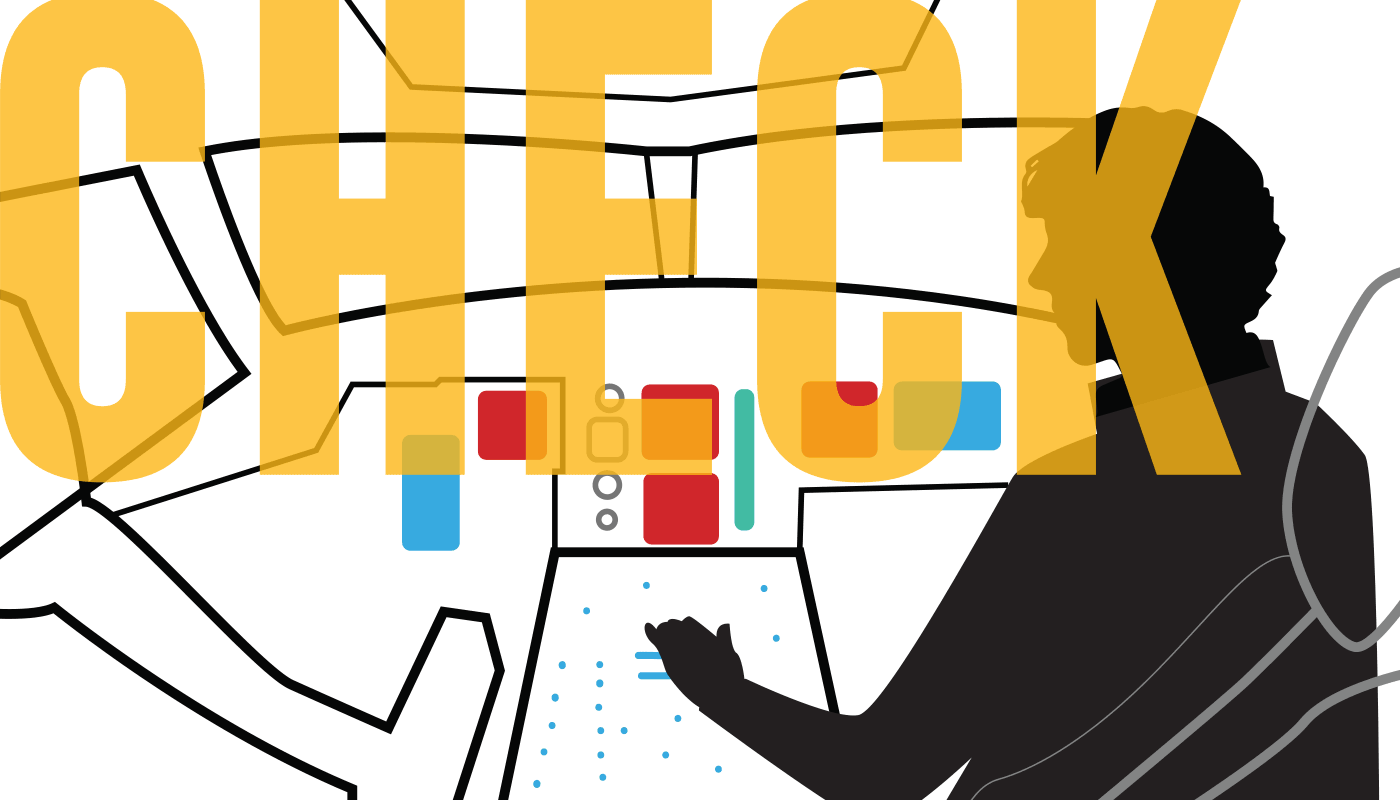Just Sleep On It
In the 1920s, a radical group of artists known as the Surrealists championed the importance of sleep.
They would hang notices outside their doors saying ‘Do Not Disturb. Artist At Work.’ This later became a popular meme for bedroom doors around the world.
Surrealism placed a firm belief in the power of the subconscious and the idea that people did their greatest work when they were asleep. Helpfully, modern science has revealed some substance to their theory.
Early sleep research assumed that because the body was often still during sleep, so to was the brain. We now know that this is far from being the case. In fact, intense neuronal activity occurs during rapid eye movement (REM), one of the ‘five stages’ of the sleep process.
This is when dreaming happens and also when the body effectively paralyses itself to stop you from acting out your vivid dreams and hurting yourself or someone else. There is a rare condition where this failsafe doesn’t kick in and it has led to some unfortunate outcomes including one man who killed his wife during his sleep. Tragically, he only became aware of what he had done when he woke up.
Interestingly, this is the reason why this phase of sleep is called ‘le sommeil paradoxal’ in French which literally translates as ‘paradoxical sleep’. Whilst the body is limp, the mind is actually highly active. It’s perhaps a more apt description than REM, which refers to the rapid side-to-side movement of the eyes under these conditions.
Whilst it’s not been proven conclusively, it seems to be that another function of this mysterious state is for the mind to turnover the experiences of the day and to assemble connections between apparently disparate ideas and concepts. It is during this period that solutions to problems we’ve been wrestling with are seemingly magically presented. They are, in effect, the purest form of ‘eureka’.
History is littered with examples to prove the point.
As an individual, Albert Einstein made an extraordinary contribution to science during his lifetime. Although his intellectual ability is without question, even he faced his own problems. And one of those occupied his mind for more than a decade; it was about how to prove his theory of general relativity.
One day, he decided to simply give up. That evening, he went to bed early, and when he woke up the next morning the solution suddenly came to him.
Some years earlier in Russia, Dmitri Mendeleev was struggling with a problem of his own. For a long time, he had been preoccupied with the building blocks of The Universe. He understood them but he couldn’t figure out a way to neatly arrange them. It was a cause of immense frustration for the talented aristocratic academic.
One evening, he fell asleep to the sound of chamber music and had a dream. He experienced a vision of all the elements of The Universe flowing together in an organised sequence.
As soon as he woke up, he took down every element from his dream in order. This is what is known today as the Periodic Table.
There are countless other similar stories from Dali to Freud where sleep has played a critical role in problem solving. It’s why when we’re facing a tough decision in life, a good friend will often say "just sleep on it."
So next time you have something challenging to solve, stop thinking about it. Retire early with a notebook by your bed and when you wake, you may find like Einstein and Mendeleev, you have a brilliant solution.






